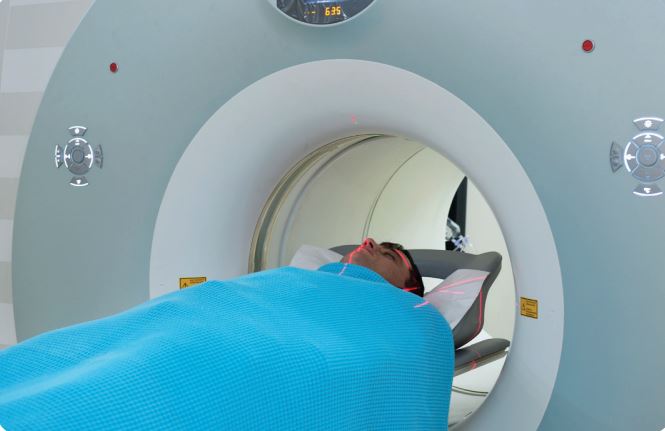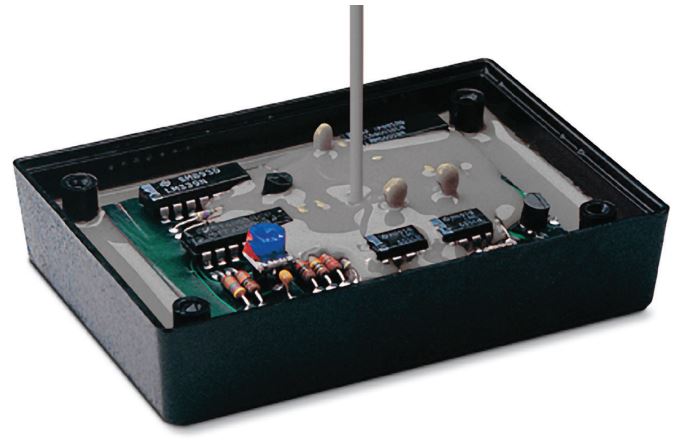Background
Early diagnosis of a stroke can mean the difference between effective treatment or brain damage. But treatment varies according to the type of stroke, which is commonly determined based on the results of a computerized tomography (or CT) scan. And while many hospitals now have these scanners, the significant engineering challenges of downsizing such equipment have made mobile CT scanners impractical due to size or cost…until now.
The Problem
One of the main problems in reducing the size of CT scanners involved the power supply. To protect against dielectric breakdown, corona discharge, and overheating, high-voltage power supplies for these scanners were typically potted with an epoxy compound to protect against dielectric breakdown. When one manufacturer tried to reduce the size of the power supply, however, the epoxy potting began to crack due to its inability to dissipate the increased heat.


The Insulcast Solution
The design engineers contacted Insulcast in hopes of finding a more robust potting compound. Insulcast’s technical team recommended Insulcast RTVS 27, a room-temperature vulcanizing silicone compound with higher dielectric strength than the epoxy compound, high temperature resistance, low-viscosity, and exceptional heat dissipation properties. Not only does it flow more easily and rapidly when applied, it exhibits low-temperature flexibility and better adhesion properties (preventing tracking and corona discharge). Flame-retardant Insulcast RTVS 27 is also REACH/ROHS Compliant.
Based on this success, the scanner manufacturer charged its engineering group with developing an entire new line of compact, high-voltage power supplies.

